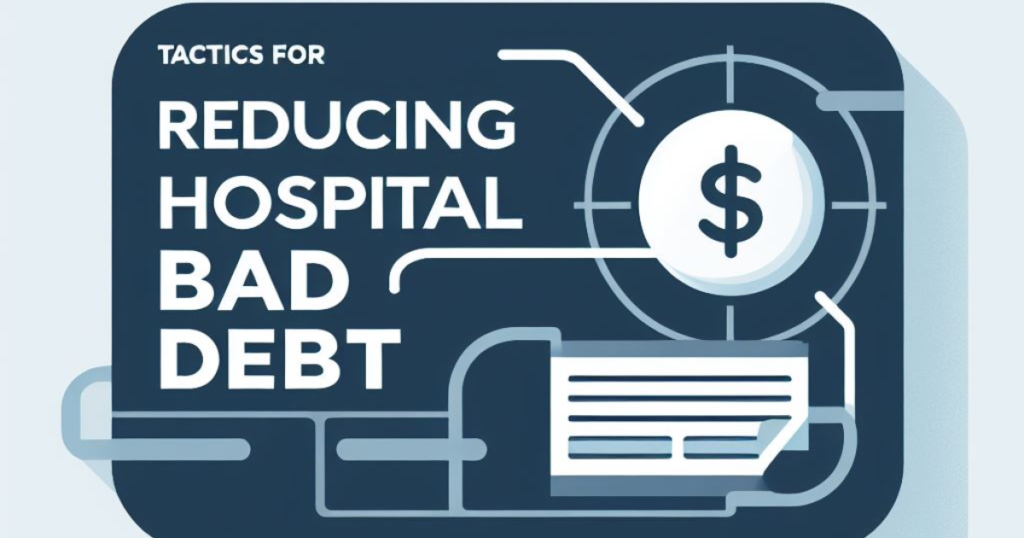
Accurate and efficient credentialing and provider enrollment processes are vital for the smooth functioning of healthcare practices. The meticulous verification of a provider’s qualifications and enrollment with health plans ensures quality care delivery and timely reimbursement for services rendered. Mistakes or delays in the process can lead to financial losses, compromised patient care, and reputational damage. Therefore, prioritizing accuracy and efficiency in credentialing and enrollment is essential for healthcare practices to thrive in an increasingly competitive industry.
Benefits of Outsourcing Credentialing and Enrollment
Reducing Workload
Credentialing and provider enrollment involve extensive documentation, verification, and coordination with multiple healthcare plans and networks. It requires collecting and verifying various credentials, licenses, work history, education, and other relevant information. This process can be time-consuming and burdensome for healthcare practices, diverting valuable resources from core operations and patient care.
Benefits of outsourcing in reducing workload:
- Streamlining the primary source verification process:
Outsourcing credentialing and enrollment to specialized companies can streamline the primary source verification (PSV) process. These companies have access to comprehensive databases and industry connections, enabling efficient verification of provider credentials. For example, a study by the National Committee for Quality Assurance (NCQA) found that outsourcing reduced PSV from 52 steps to only 6 simple steps, significantly reducing the workload for healthcare practices.
2. Simplifying the application process through delegation and expertise:
When outsourcing credentialing and enrollment, providers can delegate the task to a dedicated team with expertise in navigating the complex application requirements of different health plans and networks. Instead of completing separate applications for each plan, outsourcing allows for a single application that meets the requirements of multiple plans. For instance, companies like Apaana Healthcare utilize delegation, resulting in faster provider enrollment and reducing the administrative burden for healthcare practices.
3. Minimizing administrative tasks during reappointment:
Reappointment is an essential process that healthcare providers must undergo regularly. It involves updating and resubmitting credentialing information to maintain their participation in health plans. Outsourcing providers can manage the entire reappointment process, handling administrative tasks such as gathering updated documents, completing applications, and submitting them on time. This frees up in-house staff from tedious administrative work and allows them to focus on more critical responsibilities within the healthcare practice.
Streamlining the primary source verification process, simplifying the application process, and minimizing administrative tasks during reappointment are just a few examples of how outsourcing to Apaana can alleviate the burden on healthcare providers and their staff.
Reducing Cost
Managing credentialing and provider enrollment processes in-house can lead to financial liabilities and losses for healthcare practices. Mistakes or delays in the enrollment process can result in denied claims, delayed reimbursements, and lost revenue. Additionally, the cost of increased liability due to errors in credentialing can add up through lawsuits, fines, and penalties.
Benefits of outsourcing in reducing costs:
- Improved accuracy and prompt billing leading to faster revenue generation:
Outsourcing credentialing and provider enrollment to specialized companies ensures improved accuracy in the process. These companies have expertise in navigating the complex requirements of different health plans and networks, reducing the likelihood of errors and rejections. By ensuring accurate and timely enrollment, outsourcing facilitates faster billing and revenue generation for healthcare practices.
2. Optimization of in-house staff time for more essential tasks:
Managing credentialing and enrollment in-house requires significant time and resources from healthcare practice staff. This diverts them from focusing on core responsibilities such as patient care and practice management. By outsourcing these tasks to dedicated professionals, in-house staff can allocate their time and expertise to more essential tasks, improving overall efficiency and productivity. This optimization of staff time can result in cost savings and increased revenue for the practice.
Reducing Risk
Errors in credentialing and provider enrollment can result in various risks and complications for healthcare practices. By outsourcing credentialing and enrollment, healthcare practices can mitigate risks associated with errors, delays, and compliance issues.
Benefits of outsourcing in reducing risk:
- Utilizing experts specializing in provider data management and background checks:
By outsourcing credentialing and enrollment, healthcare practices can rely on experts who specialize in provider data management and background checks. These professionals possess the knowledge and experience to accurately verify credentials and complete the enrollment process efficiently.
2. Minimizing the chances of errors and delays in the enrollment process:
Outsourcing providers have a streamlined approach to enrollment. They follow established processes, utilize technology-driven systems, and maintain up-to-date knowledge of health plan requirements. By avoiding mistakes and ensuring timely completion of enrollment, the risk of financial losses and compliance issues is significantly reduced.
3. Expedited enrollment completion within 60 to 90 days or less:
Outsourcing providers typically have well-established relationships with health plans and networks. This allows them to expedite the enrollment process, often completing it within 60 to 90 days or less. Faster enrollment reduces the risk of revenue loss due to delayed billing and allows healthcare providers to start delivering services promptly.
Increasing Resources
When healthcare practices outsource their credentialing and enrollment processes, they gain access to additional resources that can enhance their operations. These resources include expertise, technology-driven systems, and streamlined processes that are specifically designed to optimize the credentialing and enrollment journey.
Benefits of outsourcing in increasing resources:
- One point of contact for efficient information exchange:
Outsourcing companies provide a dedicated point of contact for healthcare practices, streamlining communication and information exchange. Having a single contact person reduces the time and effort required to gather updates or resolve queries related to provider enrollment. This efficient communication channel ensures smoother coordination between the practice and the outsourcing company.
2. Utilization of a secure web portal for easy management and monitoring:
Outsourcing companies often offer a secure web portal that enables healthcare practices to manage and monitor their credentialing and enrollment processes. Through this portal, practices can access real-time information about the status of enrollments, track expiring documents, and customize reports. The centralized platform simplifies data management and provides convenient access to critical information, enhancing the practice’s overall efficiency.
For instance, Apaana Healthcare offers a secure web portal that allows healthcare providers to track health plan enrollment statuses, manage reappointment filings, and access all relevant data in one place. Such portals provide healthcare practices with enhanced control and visibility over their credentialing processes.
Increasing Plan Options
Having access to a variety of health plans and network options is valuable for healthcare practices. It allows them to cater to a diverse patient population and meet the specific needs of their clients. By offering a wide range of plans, practices can attract more patients and provide comprehensive healthcare services.
Benefits of outsourcing in increasing plan options:
- Access to a wide range of health plans and networks:
Outsourcing companies, such as Apaana Healthcare, offer healthcare practices access to a diverse selection of health plans and networks. This ensures that practices can enroll in multiple plans, giving them the flexibility to serve a broader patient base. With increased plan options, practices can offer more choices to patients and enhance their competitive advantage in the healthcare market.
2. Continuous expansion of relationships to offer new enrollment options:
Outsourcing providers actively cultivate relationships with various health plans and networks. This continuous expansion of relationships allows them to stay informed about new enrollment options before they are announced in the market. By leveraging these relationships, outsourcing companies can provide healthcare practices with early access to new plans, enabling them to enroll in requested plans promptly and ensure timely reimbursement.
3. Faster enrollment in requested plans to ensure timely reimbursement:
Outsourcing providers specialize in faster enrollment in requested health plans and networks. This expedites the reimbursement process, as providers can start billing for their services sooner. Timely reimbursement enhances the financial stability of healthcare practices and ensures a smooth cash flow.
By embracing outsourcing, healthcare practices can enhance efficiency, reduce expenses, mitigate risks, and improve overall performance in credentialing and enrollment.





